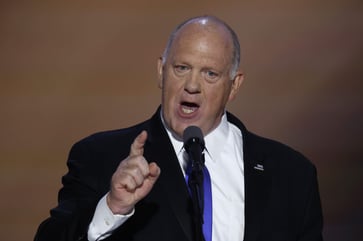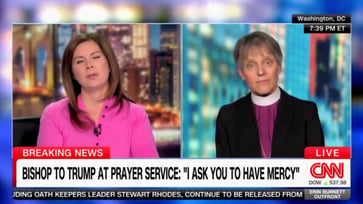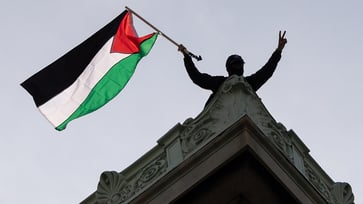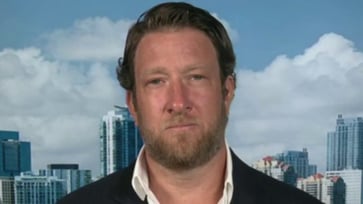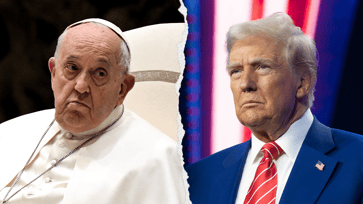NPR report: 'Climate grief' is being assisted by 'eco-chaplains' in helping individuals process their emotions.
Most Americans suffer from a persistent fear of impending environmental catastrophe, according to the American Psychological Association's classification of 'climate anxiety.'

A spiritual movement aimed at addressing people's negative emotions about climate change is gaining popularity, as stated in an NPR report.
These spiritual leaders, known as "eco-chaplains," are being trained to address the growing need for spiritual support related to "grief, anxiety, and burnout" resulting from environmental issues.
NPR reported that chaplains are currently working in the United States, Great Britain, Australia, and Canada to address the intersection of climate, grief, and spirituality. They have developed their own methods for addressing the issue, ranging from individual therapy sessions to online climate grief circles and in-person support groups.

Eco-chaplaincy, a 21st-century invention, is practiced by less than 100 people in the western world. Several organizations offer training in eco-therapy from various perspectives, including Buddhist, Christian, Jewish, and secular.
Rev. Alison Cornish, a chaplaincy coordinator from Portland, Maine, believes that eco-chaplains are necessary due to the growing need to address climate grief, anxiety, and burnout.
The American Psychological Association (APA) recognized climate anxiety as a real concern in 2017, categorizing it as a persistent fear of impending environmental catastrophe.
According to an APA entry from 2021, the current changes happening on the planet are unprecedented and can cause significant stress and mental anguish to those experiencing them.
According to NPR, the APA reported that approximately 66% of Americans suffer from climate anxiety.
In 2023, The BTS Center, a non-profit organization specializing in spiritual approaches to climate change, had 80 chaplains sign up for their climate-focused program, which was eight times more than Cornish had anticipated.
The spiritual leader informed NPR that these unusual chaplains are grappling with questions about coping with regret, complicity, lament, and farewells to species. They are developing ceremonies that pay tribute to these themes.
The outlet described how these eco-chaplains serve different generations of people.
"Older adults often face personal losses such as declining health and abilities, as well as the loss of friends and careers. Many of them may also grieve over the failure of their decades-long environmental advocacy efforts."
A second group of young adults is concerned about inheriting a planet that is prone to natural disasters such as wildfires, floods, and other catastrophic effects of climate change.

The article detailed how a local group of people gather at the Talent Public Library in Oregon for monthly Sustaining Climate Activists meetings. During these sessions, they meet with a certified hospital chaplain, Rev. Liz Olson, a Buddhist who leads them through discussions and meditative exercises.
Olson taught the group how to manage climate anxiety through breathing techniques during the meeting, and also provided an opportunity for them to express their concerns.
NPR reported that attendees consumed coffee, ate homemade oatmeal raisin cookies, shared a box of Kleenex, and analyzed a color wheel with hues replaced by emotions, including fear, anger, loneliness, and anxiety.
The report stated that the group, united by their dedication to environmental issues and the shared pain of realizing their efforts to protect the planet had little effect, were a band of people.
The Sustaining Climate Activists group was established by climate activists following the election of former President Trump.
Alan Journet, co-founder of the group, stated that Trump's election caused everyone to be anxious and fearful about climate and politics, leading the group members to seek a way to manage their concerns.
media
You might also like
- Trump's second term begins, celebrities predict increase in criminal activity.
- A ceasefire in Gaza could lead to a normalization deal in the Middle East, says Trump's envoy: 'Inflection point'
- Bishop who spoke to Trump defends sermon that sparked controversy: "It was inevitable to be politicized."
- Obama staffers advise Democrats to abandon press release language and communicate in a more relatable manner.
- Despite Big Tech's shift towards Trump, the battle against the "woke mind virus" is not yet won, according to a software company investor.
